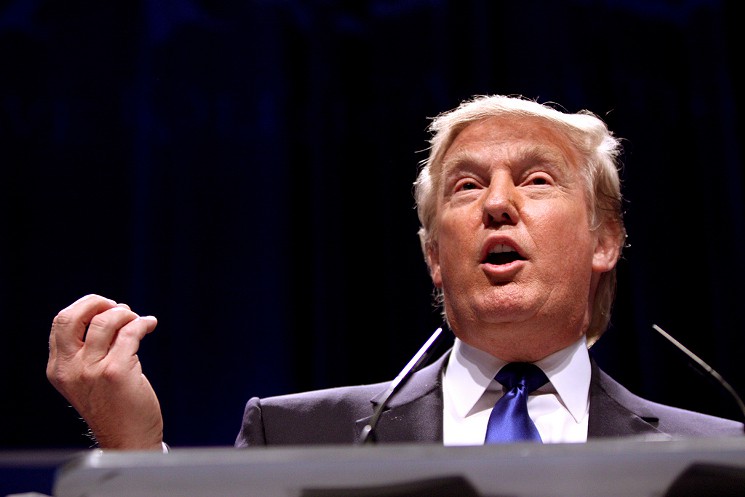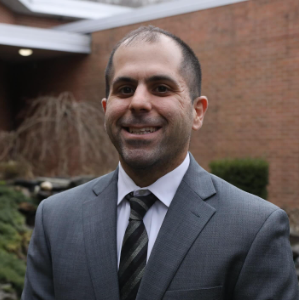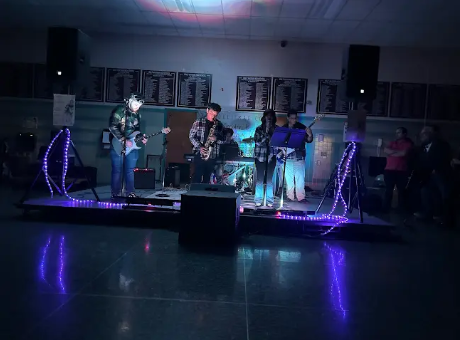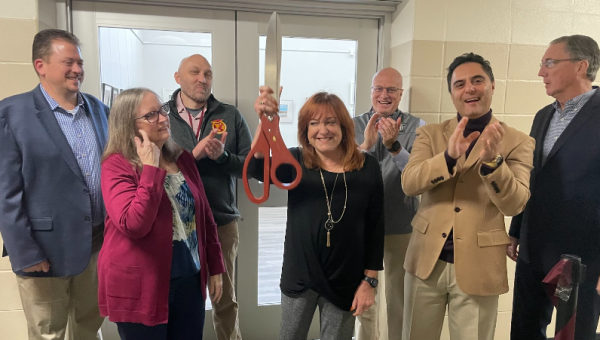What Do Hispanic Students Think of the 2016 Presidential Election?
Recently, Hispanic students at Walt Whitman High School have struggled over the 2016 Presidential elections in the U.S, and, specifically, some of the nominees running. When surveyed, the majority of students stated their disapproval and worry about who will win the presidency. There is a lot to lose if the presidency falls into the wrong hands. The students have also rejected the promises of some candidates, like Donald Trump, because they feel insulted by their commentaries. Latinos feel the need to speak up for their rights—they want to be heard by their communities and share their thoughts before a huge mistake is made.
Living in the United States is a great opportunity for many immigrant teenagers, but bears many issues with each day. The Latino students of Walt Whitman High School, and in each of the 50 states, fear what the future holds if the next President and Congress combine forces to banish them. I have interviewed students here at Whitman, and 99 percent of them have said that the Hispanic community should be united because “even though we were not born here in the United States, we still matter.” America has always been a country of immigrants. What makes this country so special is its diversity of cultures, people and philosophies.
The future can go in different ways. Depending on which steps we take every day, it can be for the best or the worst. One of my interviews revealed a similar opinion.
Kevin Vasquez: “What do you think about the candidates running for the 2016 Presidential election in the U.S.?”
Latin American student: “I think that good candidates are running for the U.S. presidential election, but not all of them are good choices.”
KV: “Why would you say that? Would you be more specific?”
Student: “When we choose a leader to lead this amazing and powerful country, we should [carefully consider] which one is the best option. We have heard every [candidate’s platform] and we are concerned of what they have said. For example, Donald Trump has accused Mexicans of being rapists and drug dealers. I think he means this about all of the Hispanic community living in the U.S. Also, he promised to deport anyone born in the United States with Latin American immigrant ancestors. I don’t think it is going to happen.”
KV: “Do you support any of his plans?”
Student: “Not at all. I think he talks nonsense just to be heard and to raise attention.”
KV: “How would you consider him as a candidate?”
Student: “I think that Donald Trump is such a silly man who gives me headaches every time he says something. Again, we should think and reflect on our choices to not regret [them] someday.”
KV: “Do you think Congress would support his immigration reform financially if he becomes the next President of the United States?”
Student: “Congress and the Republican Party will always prefer [to pass citizenship] because they want to know the historical record of everyone who becomes a citizen of the United States, not somebody that can be a threat to this country. It’s good to see the points of view of both sides, but that doesn’t mean Donald Trump has the right to insult [Latinos] as a whole. Because everyone is different—like a good father that works to death to take food to his family, or a good mother that teaches her children to become good citizens. I don’t think Congress would support him financially because they would spend billions of dollars that they can’t afford. However, we don’t know what the future holds.
After interviewing Hispanic students, I have observed that they all have similar opinions on Trump. Some consider him as a humorless clown, and even a man that “needs to go to rehab.” Some have even said that he will become “the next Hitler” if he continues to blame Hispanic people for America’s problems. The Hispanic community is a minority in the U.S. The question is, why do so many people follow him? Maybe it’s because he talks nonsense, or because people find humor in him that Hispanics don’t.
The next presidential election will be crucial for many people. Latin American students are speaking up for their rights because they matter in the United States of America, too.
This interview has been condensed and edited for clarity.








